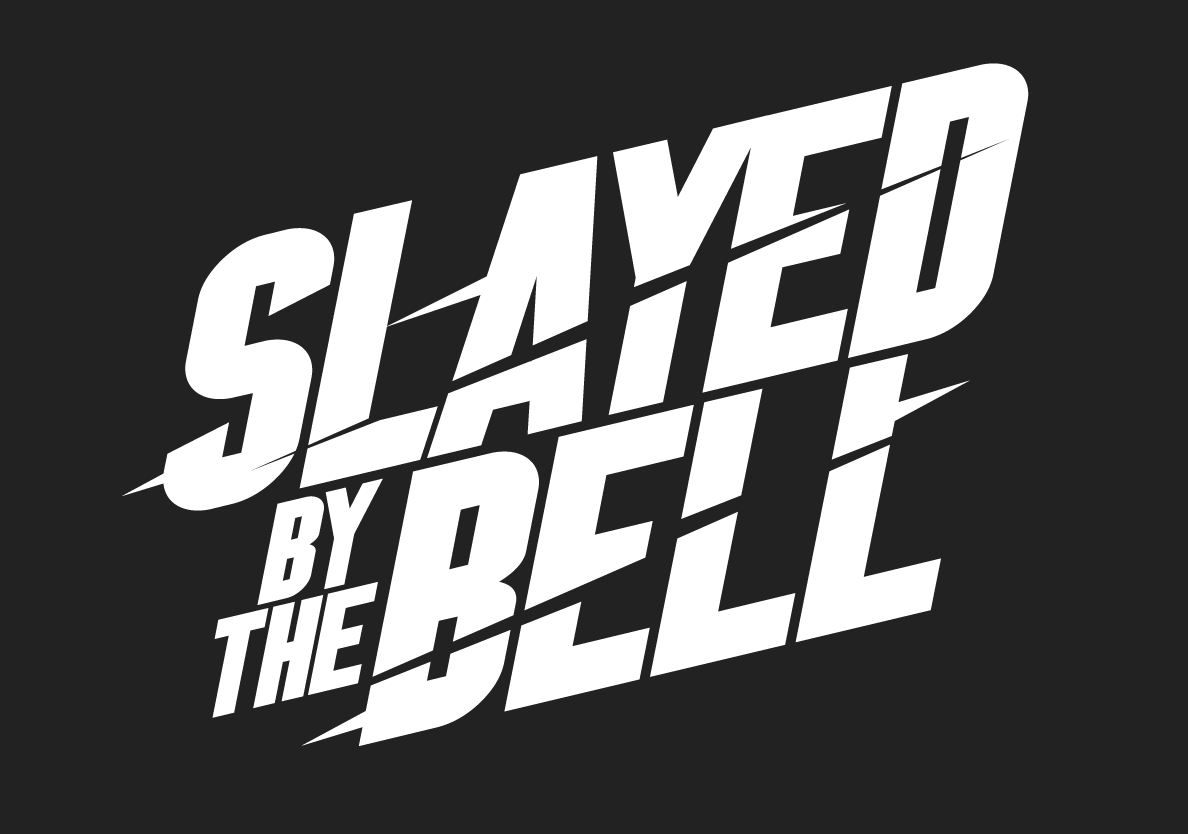Navigate the Minefield of Parental Behavior
In the world of education, teachers find themselves not only attempting to mould young minds but also facing growing pressure to participate in discussions about behaviour with parents. Regrettably, a growing number of parents are finding it challenging to demonstrate appropriate standards of behaviour themselves — to the point, they are grade-a dicks and it is often evident that the apple hasn’t fallen too far from the proverbial dick-tree! Let’s explore the complexities and implications of this relationship between educators and parents, without reaching for the axe or box of matches.
Problem
Within education, there’s a growing expectation for teachers to initiate contact with parents during their personal time. While the intention is somewhat evident, it often proves to be a formidable task. Parents, driven by a “misplaced” desire to shield their children, are increasingly resistant to disciplinary measures, and societal shifts have blurred the lines between guidance and punishment.
Communication is largely irrelevant anyway; I have control over my domain—the classroom— and parents, in theory, should have control over theirs—the home. In my classroom, there are straightforward rules. If students break them, they face immediate consequences until they correct their behaviour. What’s intriguing is that involving parents in this disciplinary process seems unnecessary. They rarely seek my help with managing their child’s behaviour at home, making me question the necessity of communicating with them about classroom issues, where my authority should be unquestioned. Seeking their involvement in classroom matters may inadvertently lead to ceding control over my domain.
Causes
Fucking hell, where to start? I guess the surge in parental rudeness can be traced back to broader societal changes. Education, once seen as a gift, has shifted to being perceived as an expectation. This transition to an economic contract has inadvertently fostered a customer-centric mindset, framing education as a service where the customer (parent/student) is always right. I contend that this shift can be attributed to the acadamisation of our schools, transforming them into entities resembling businesses. Consequently, individuals have adjusted their perceptions, treating schools more like businesses and, in turn, adopting a customer-oriented approach. Simultaneously, a generational shift has led to a decline in the trust once placed in teachers, with parental loyalty often leaning towards their child’s perspective.
Effects
The parental paradox doesn’t exist in isolation; its effects extend to the students, the primary stakeholders. The prevailing belief that education is an expectation rather than a privilege permeates the minds of the young. This transition to a more transactional relationship transforms education into a somewhat faceless service, eroding trust and positioning the institution as an adversary rather than an ally. Furthermore, a PE teacher can’t dress in the attire of a CEO, expecting to be treated like a corporate elite, without recognising the potential repercussions. The incongruence in adopting a Fortune 500 persona in an educational setting inadvertently contributes to the scepticism and mistrust that students and parents may harbour towards schools, viewing them through the lens of a profit-driven corporation rather than an institution dedicated to learning and growth. It’s a logical fallacy: hasty generalisation.
Solutions
Addressing these challenges necessitates a recalibration. Teachers find themselves adopting the role of diplomats, skillfully navigating the delicate balance between discipline and understanding—but newsflash, I didn’t sign up for this shit. A reimagination of parental involvement is crucial – moving from a culture of blamelessness to one that emphasises shared responsibility. On a broader scale, societal reminders about the privilege of education, steering away from a transactional mindset, could prove beneficial. A return to an era where teachers were trusted guides rather than adversaries could reshape the narrative. A return of the PE teacher, rather than the CEO.
Conclusion
It’s actually a depressing situation, and I’m considering writing about the over-formalisation of schools in a future post because I believe it has had a significant impact. Here, the dilemma of dealing with parents is a shared burden, but change lies within our grasp. By redefining the narrative, fostering understanding, and rebuilding trust, the teacher-parent partnership can be revitalized. The time for change is now, and in our united efforts, the future of education can be reshaped with purpose and commitment. And please, don’t be a dick-tree spawning apple-dicks!
“Dear momma let me start of with you
pete philly – gratefull
I know there ain’t a thing you wouldn’t do
To try and pull me through
And if there’s anything good to be said about me
Than it’s true that I owe it all to you”

